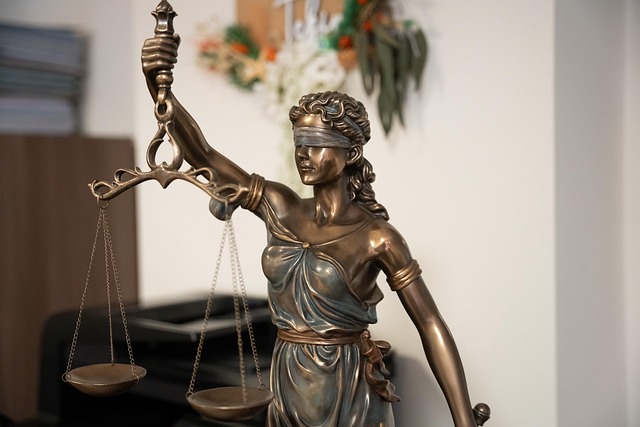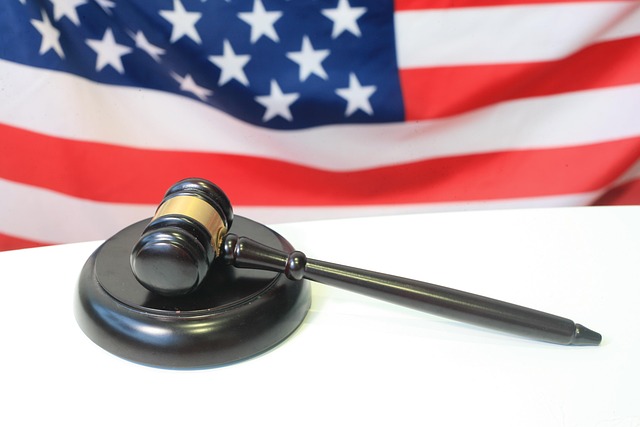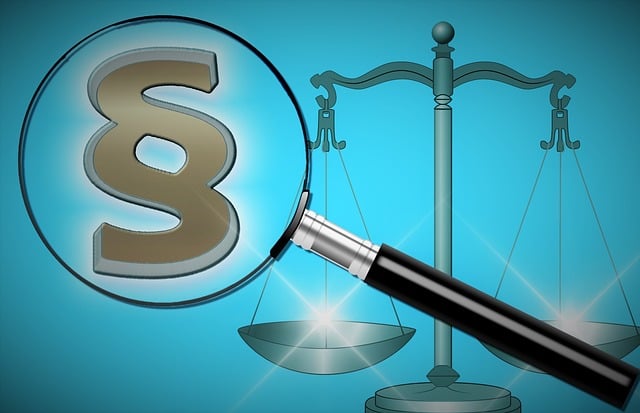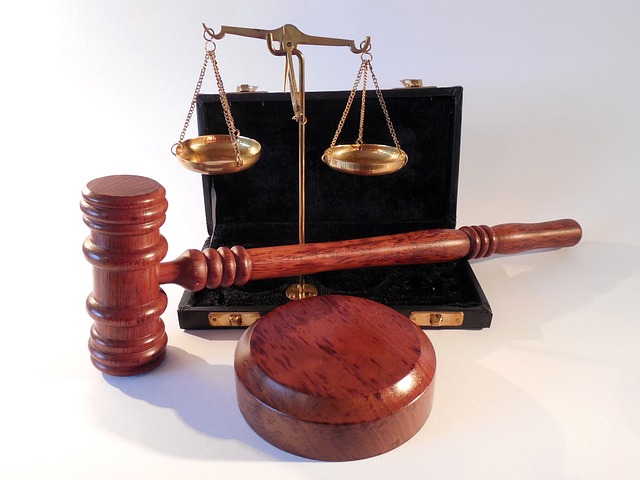Regulatory compliance is crucial for businesses to avoid legal pitfalls like libel case examples in civil court. Non-compliance leads to severe consequences: financial penalties, reputation damage, and even criminal charges. Businesses must implement robust internal controls, train employees, stay informed, and foster ethical conduct to navigate complex regulations successfully, mitigating risks and building stakeholder trust. Prioritizing regulatory adherence prevents costly legal battles, including libel cases.
In today’s complex business landscape, understanding regulatory compliance is paramount. This article delves into the intricacies of navigating legal requirements, focusing on principles, common pitfalls, and real-world insights. We explore libel case scenarios within civil courts to illustrate potential consequences of non-compliance. Additionally, we offer strategic recommendations for ensuring effective adherence to regulations. By understanding these aspects, businesses can mitigate risks and foster a culture of compliance.
- Understanding Regulatory Compliance: Basic Principles
- Common Mistakes That Lead to Legal Troubles
- Libel Case Scenarios: Civil Court Insights
- Impact of Non-Compliance: Potential Consequences
- Strategies for Effective Regulatory Adherence
Understanding Regulatory Compliance: Basic Principles
Regulatory compliance is a cornerstone of any business operation, ensuring that companies adhere to laws and regulations set forth by governing bodies. It involves understanding complex legal frameworks and implementing internal processes to maintain adherence throughout all stages of a company’s lifecycle. The consequences of non-compliance can be severe, ranging from financial penalties to damage to reputation and even potential libel case examples in civil court.
At its core, regulatory compliance is about maintaining integrity, transparency, and accountability. Businesses must stay abreast of changing regulations, implement robust internal controls, and foster a culture of ethical conduct. This proactive approach not only helps avoid legal pitfalls but also strengthens relationships with stakeholders, including customers, investors, and regulatory authorities. A complete dismissal of all charges often hinges on demonstrating good-faith efforts to comply, underscoring the importance of a solid regulatory compliance foundation for any organization.
Common Mistakes That Lead to Legal Troubles
In navigating complex regulatory landscapes, businesses often fall victim to common mistakes that can lead to significant legal troubles, including costly libel case examples in civil court. One of the primary culprits is inadequate training for employees on compliance matters, leading to unintentional breaches of regulations. For instance, a company might have procedures in place for handling sensitive data but fail to educate its staff adequately, resulting in data leaks and subsequent lawsuits.
Another frequent error involves oversimplifying or ignoring regulatory requirements, especially in high-stakes cases involving white collar and economic crimes. Companies may believe they are exempt from certain rules or underestimate the impact of non-compliance, only to face severe repercussions later. For his clients, these mistakes can be particularly detrimental, leading to substantial financial losses, reputational damage, and even imprisonment for individuals involved in decision-making processes.
Libel Case Scenarios: Civil Court Insights
In civil courts across the country, libel case scenarios offer valuable insights into the complexities of defamation law. These cases often arise from false statements made in print or online that damage an individual’s reputation. For instance, a businessman might find himself in court if a rival company publishes false claims about his ethical practices, causing significant harm to his professional standing. Another scenario could involve a public figure being sued for libel after making inaccurate statements during a political debate, impacting their reputation and influence within philanthropic and political communities.
Understanding these libel case examples is crucial as they highlight the diverse nature of defamation. From white-collar and economic crimes involving corporate misdeeds to political disputes, these cases showcase the far-reaching impact of defamatory remarks. In navigating such legal battles, individuals must be mindful of their public statements to avoid potential libel lawsuits, ensuring transparency and accuracy in their communications across various platforms.
Impact of Non-Compliance: Potential Consequences
Non-compliance with regulatory requirements can have severe repercussions for businesses, often resulting in significant financial losses and damage to their reputation. In extreme cases, especially where intentional disregard for rules is evident, legal action may be taken. For instance, a company found guilty of environmental violations could face substantial fines and even criminal charges, setting a precedent for future penalties. Civil court cases, such as libel, can also arise from regulatory non-compliance, particularly when false or misleading information about a respective business is disseminated, causing reputational harm.
These consequences are not merely financial; they can lead to a loss of consumer trust and market share. An unprecedented track record of non-compliance might even result in permanent closure as customers and stakeholders demand accountability. As such, businesses must remain vigilant, ensuring adherence to all applicable laws and regulations to avoid these potential pitfalls, including the possibility of jury trials if cases reach court.
Strategies for Effective Regulatory Adherence
Staying compliant with regulations is paramount for any business to avoid legal pitfalls, including libel case examples in civil court. Effective strategies include implementing robust internal controls and training programs to ensure all employees understand their roles and responsibilities regarding compliance. Regular audits and updates to policies based on changing laws are essential. Additionally, fostering a culture of ethical conduct within the philanthropic and political communities, where businesses operate, can significantly reduce regulatory risks.
A key component is leveraging white collar defense strategies proactively. This involves staying informed about industry trends, attending legal seminars, and consulting with experts to anticipate potential compliance issues. By achieving extraordinary results in regulatory adherence, companies not only avoid costly penalties but also build trust with stakeholders, enhancing their reputation and long-term sustainability.
Regulatory compliance is not just a legal requirement but also a strategic necessity for businesses. By understanding fundamental principles, avoiding common pitfalls, and adopting effective strategies, organizations can significantly reduce the risk of legal troubles. For instance, learning from real-world libel case scenarios in civil courts can offer valuable insights into the consequences of non-compliance. Through proactive measures and continuous education, businesses can ensure their operations remain in harmony with regulatory guidelines, fostering a culture of ethical conduct and minimizing potential penalties.






